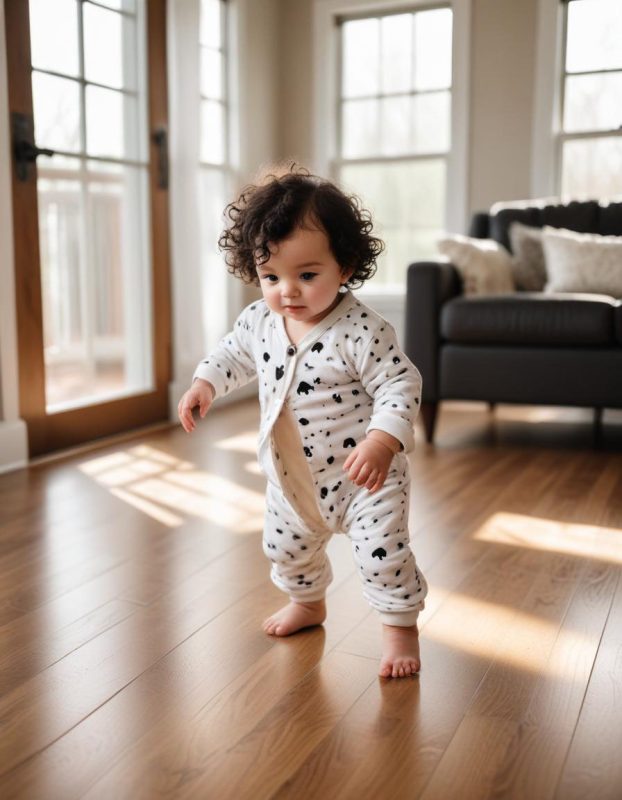Fragility is perhaps one of the most beautiful qualities in nature. Those things which are fragile carry more meaning to their existence simply because they may cease to exist at any given moment. Flowers, for instance, may soon wither once they bloom. This makes their momentary existence more meaningful. The delicate nature of young animals makes the instinctual love of their parents more endearing to witness. Even the sight of clouds is more memorable because a single gust of wind could send them away on a never-ending journey. Yet, the beauty of fragility lacks depth when it is not complemented by resilience. When a flower dies, a new one will always bloom. Young animals will grow up to be strong and healthy. A gust of wind can push away a cloud, but it cannot destroy it.
When it comes to human beings, the quality of fragility is often looked down upon. Fragility is seen as a quality which is synonymous to weakness. As such, people are often forced to hide parts of themselves out of fear that they may be looked down upon or taken advantage of. Many of the stories we hear about successful people begin with confessions about some of their most vulnerable moments. However, their vulnerability is only understood and sympathised with when it is followed by stories of their success. A person is only allowed to be broken if they are capable of picking themselves up, and not when they need help from those around them.
Norman Cousins, a political journalist and author once said “Respect for the fragility and importance of an individual life is still the mark of an educated man.”
Every human being is made up of different parts, and their identities are shaped by different kinds of experiences. Some of these parts are stronger than others. The fact that we are so different from each other also means that some of us can face obstacles without help while some others, especially younger individuals, need people to guide them through the situation. This does not make them less valuable than their counterparts.
When a baby takes his first steps, he rarely walks smoothly at the first try. He makes a few shuffled steps, tumbles over and then tries again. When he does fall, however, he often looks around at his parents and family members to determine how they respond. If he feels encouraged, he will feel confident to try again. Could you imagine what would happen if he was belittled every time he tried to take a step? He would simply stop trying. He would spend his life without the ability to walk, even if his body was capable of doing so.
Life for many people in our world begins at a difficult place. They are vulnerable but willing to do all that it takes to make a better life for themselves. As future inheritors of this world, we have a responsibility to extend our kindness towards those who are suffering. Fragility is beautiful, both in nature and in people. Sometimes, it takes a bit of love to transform fragility into resilience.

